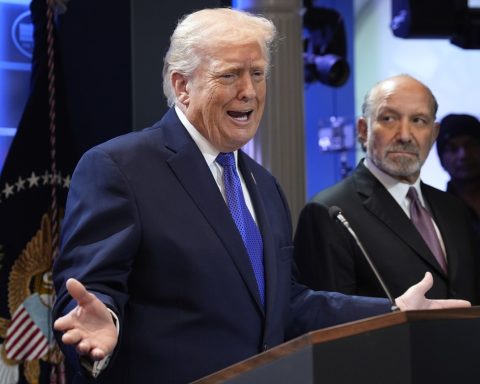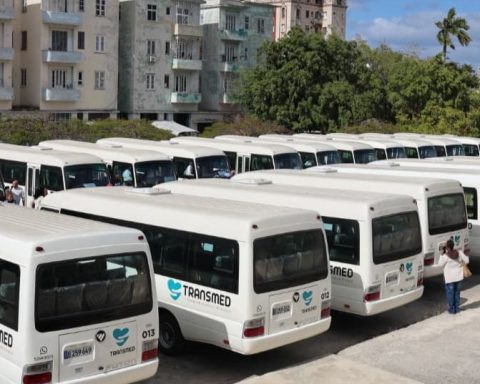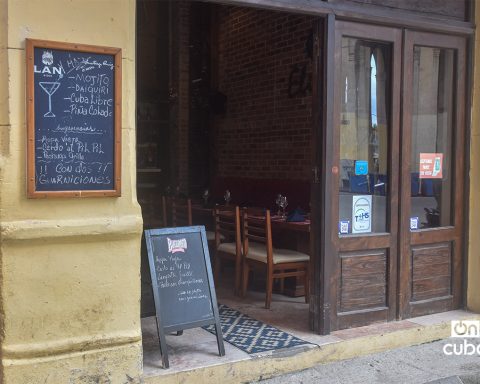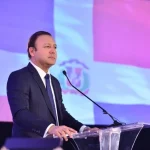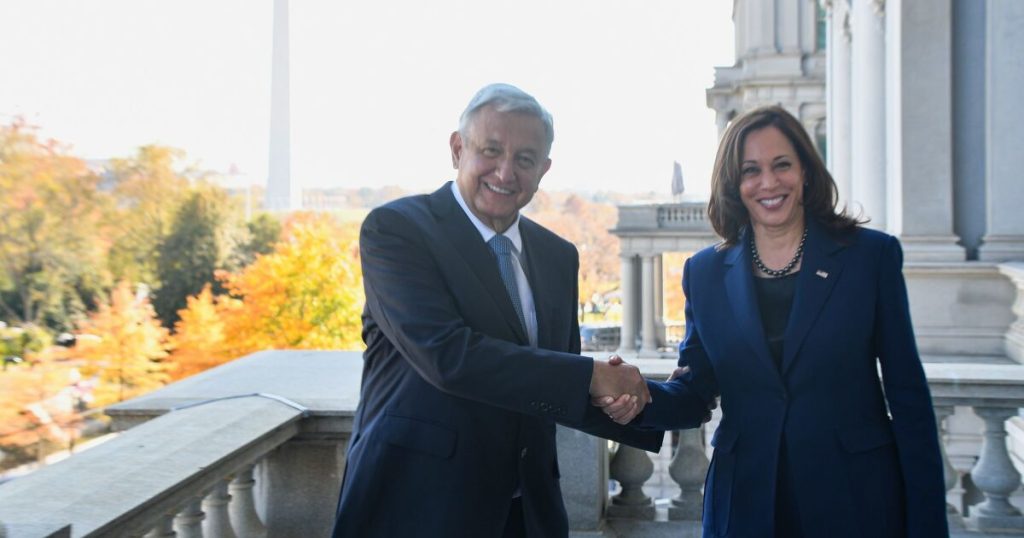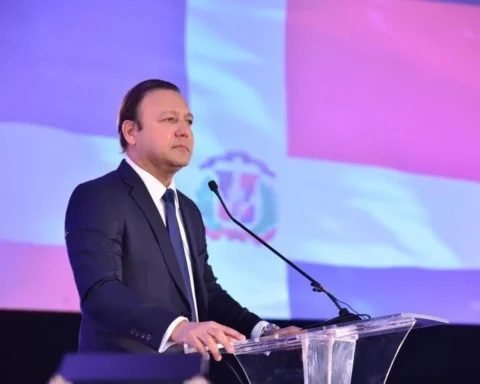SAN LUIS POTOSÍ, Mexico.- Cuban economist Juan Triana Cordoví has criticized the regime of Miguel Díaz-Canel and has blamed his administration for the Cuban crisis.
In a text Published on the blog “Segunda Cita” by troubadour Silvio Rodríguez, the professor at the Center for Cuban Economic Studies at the University of Havana attacked the Cuban ruler, following his speechor during the third ordinary session of the Tenth Legislature of the National Assembly of People’s Power (ANPP).
“I find it shameful that year after year the President and his ministers go to the Assembly to recount the disasters that their erroneous policies have caused and ask the people for more sacrifices, but it is even more shameful that the People’s Deputies (because they are our deputies) continue to accept this situation,” he said.
Triana said that the economic debacle on the island is mainly a consequence of the fact that during the last eight years, the regime has concentrated investment (35%) in the hotel sector, neglecting basic sectors such as agriculture, fishing, the sugar cane industry, the food industry and energy.
In this regard, he regretted that Díaz-Canel does not recognize his personal responsibility and that of the government in these erroneous decisions.
In his criticism he also pointed out that the regime has been saying for nine years that foreign investment should be made more flexible, but “the same problems still persist today.”
“All the ‘obstacles’ have been identified and the measures proposed (a working group was created for this purpose and in fact they are mentioned in a speech by Rodrigo (Malmierca), when he was Minister of Foreign Trade) but nothing has been done,” he wrote.
One of the failures of government policy is centralization, he argued. With the exception of GAESA, Triana argued, no company in Cuba has the autonomy to decide what to invest in, since all decisions are made at the highest levels of government.
“In fact, the return to closed foreign currency financing schemes is a recognition of the inefficiency and ineffectiveness of centralized resource allocation,” he said.
The Cuban economist also blamed the mass exodus of Cubans on poor government management.
“I have seen my classrooms emptied of students and the teaching departments of our universities of teachers, the hospitals of doctors trained thanks to the sacrifice of the people (not the State or its leaders), how our fields are left without farmers while there is less and less food and more agricultural leaders with SUVs and because like all Cubans, every day we hear about the birth of another family broken by emigration,” he said.
In his critique, he also concluded that the Cuban economic model, which he said – alluding to a quote from Fidel Castro – “no longer works for us, not even ourselves.”
Cuban economist Pedro Monreal has also warned that Díaz-Canel’s administration continues to lead the people to ruin.
Recently, He stressed on social network X that the planned budget deficit on the Island for the year 2024, measured as a percentage of the Gross Domestic Product (GDP), is the highest in the world, at 15.4%.
“A preliminary calculation indicates that, measured as a percentage of GDP, Cuba’s planned budget deficit for 2024 is the largest in the world, at 15.4%,” the economist wrote.
This figure places Cuba in a situation of extreme macroeconomic imbalance, even if a moderate reduction in the deficit is achieved, according to Monreal.
The economist addressed the updated deficit presented in the most recent session of the Cuban Parliament, which is approximately 25 billion pesos lower than the projection reported in December 2023.
Although this reduction reduces the percentage of the deficit in relation to GDP, it is still alarming. “The deficit updated in the session of the Cuban Parliament, lower by approximately 25 billion than the projection for 2024 reported in December 2023, would have reduced the percentage that the deficit represents in GDP compared to the initial estimate (18.5%), but it is still colossal,” explained Monreal.
Follow our channel WhatsApp. Receive the information from CubaNet on your cell phone through Telegram.


